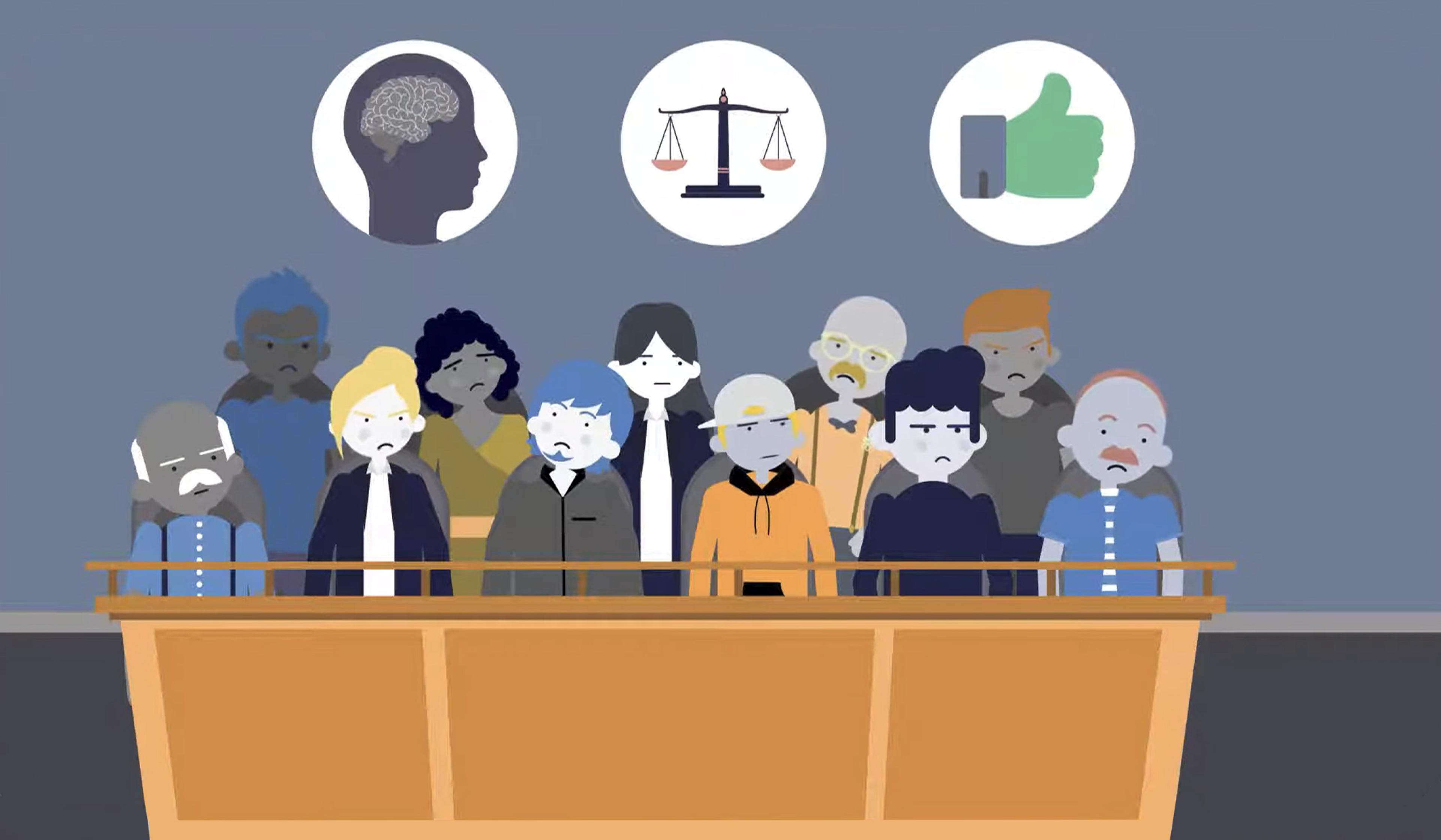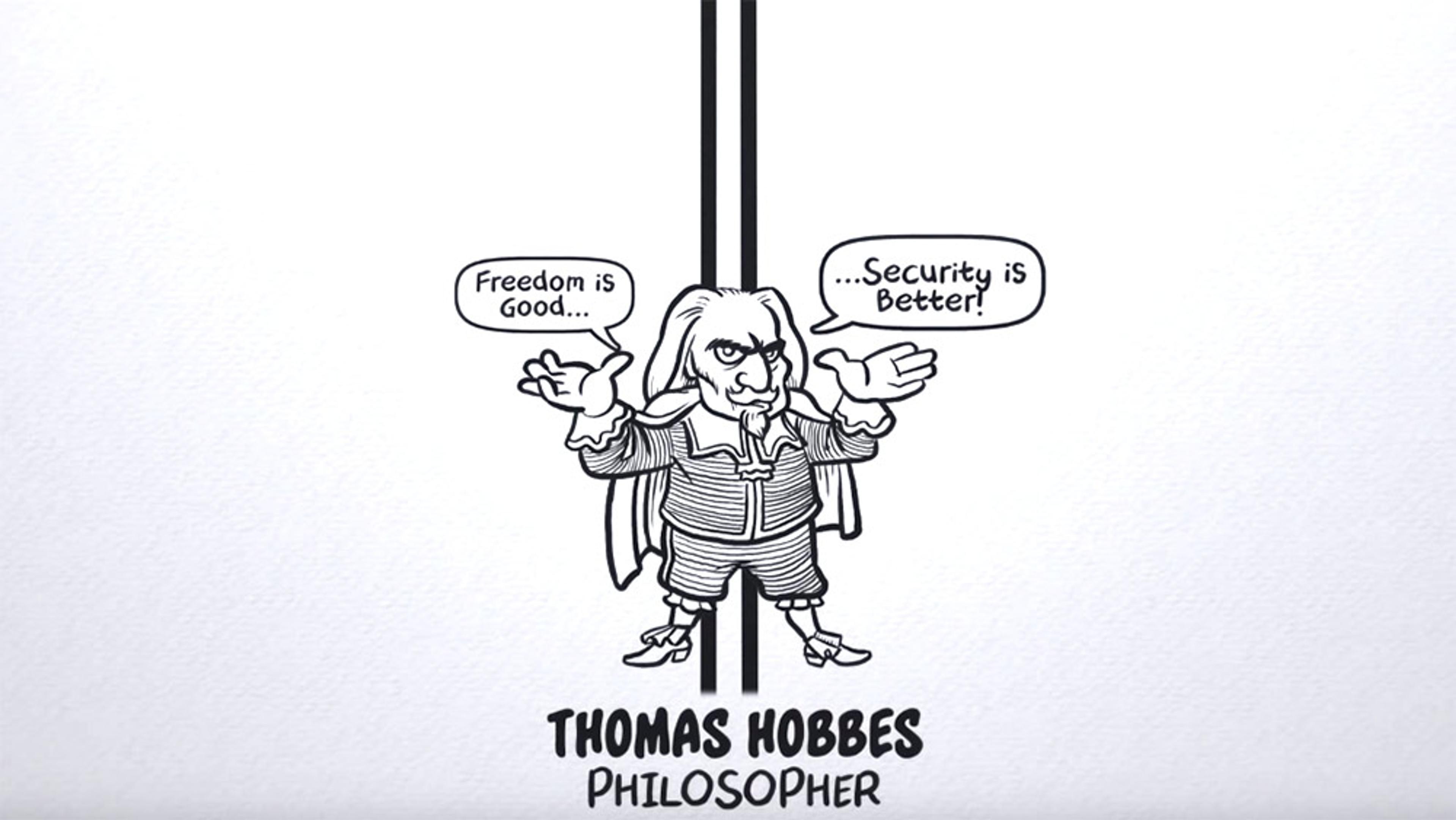The US philosopher John Rawls (1921-2002) is perhaps best known for his ‘veil of ignorance’ thought experiment, which he first laid out in his landmark work A Theory of Justice (1971). Envisioning a society built by rule-makers who were blind to their own identities, Rawls reasoned that structures that privilege certain classes over others would be unpopular, and a more rational and just society would emerge.
However, as this TED-Ed video illustrates, A Theory of Justice does far more than just describe the thought experiment. Rather, Rawls articulates the policies he believes should emerge from this initial conceit, outlining a democratic government with an economic structure that allows for equal opportunity and, ultimately, only as much inequality as would benefit society’s worst-off members. With stylish visuals, the animation details the ideas and ideals outlined in A Theory of Justice, criticisms of the text raised by prominent thinkers, and the lasting impact of Rawls’s groundbreaking work more than half a century after its initial publication.








